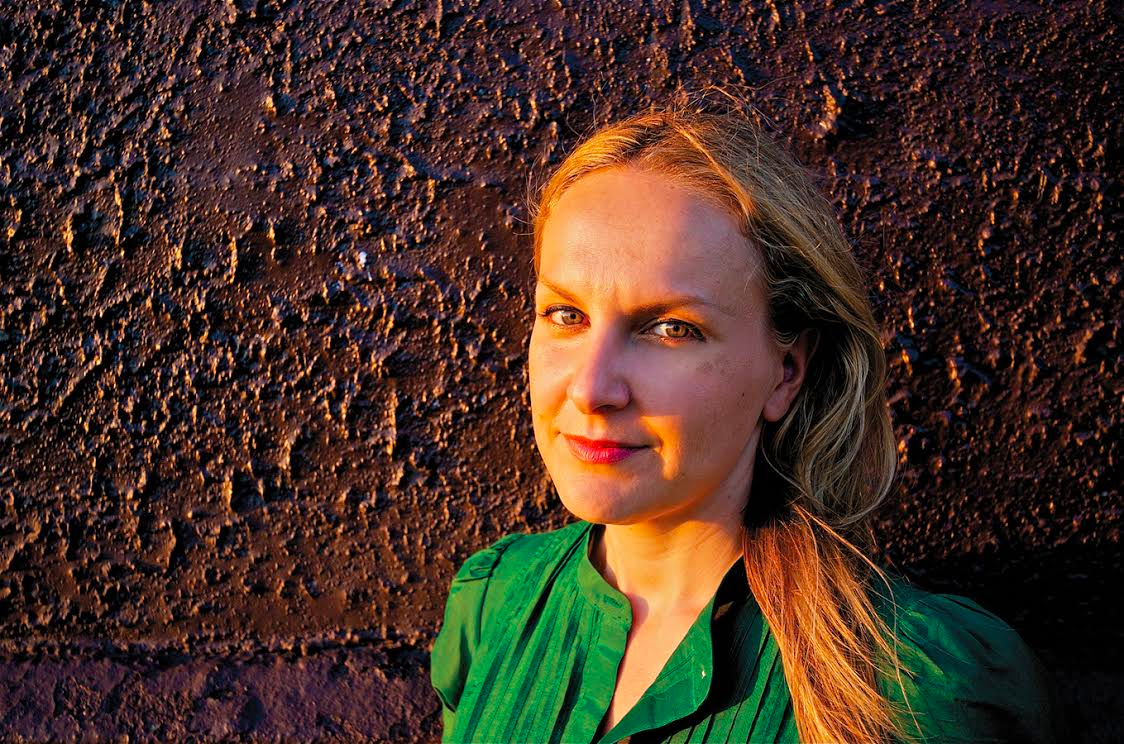Applications Open for BuzzFeed’s Emerging Writers Fellowship
BuzzFeed has opened applications for its third annual Emerging Writers Fellowship. The fellowship awards three nonfiction writers a stipend of $14,000 and career mentorship from BuzzFeed News’s senior editorial staff. Beginning in March 2018, the fellows will spend four months in BuzzFeed’s New York City office and focus on writing cultural reportage and personal essays. Applications are open until December 4.
Launched in 2015 by Saeed Jones, the fellowship’s mission is to expand the media landscape and empower emerging writers, particularly those who are “traditionally locked out” of media opportunities. “Investing in diversity and emerging voices doesn’t just have to be a conversation on panels and roundtables; it can be a reality,” Jones said in an interview with Poets & Writers Magazine last year.
With the third round of applications opening today, BuzzFeed’s new executive editor of culture, Karolina Waclawiak, spoke with Poets & Writers Magazine about the 2018 program, advice for applicants, and the value of nurturing writers beyond the fellowship’s conclusion.
Will there be any changes to the 2018 fellowship program?
There are two major changes to the upcoming program: We are accepting three fellows instead of four, and we are increasing the stipend amount from $10,000 to $14,000. These changes ensure that our fellows receive as much personal attention as possible, as well as financial viability for living in New York City for the program’s duration.
What can fellows expect during a typical week in the program?
The fellows will pitch, write, and edit original pieces on a broad range of cultural coverage, which will be published on BuzzFeed. In addition, each week we bring in an industry professional to meet with the fellows, including staff writers from other publications, book and magazine editors, and agents. These meetings have proven to be very beneficial; last year all four fellows left the program with an agent!
Who would be considered an ideal applicant?
We encourage writers with a strong desire to create an impact on cultural conversations to apply. All experience levels are welcome—don’t be deterred if you don’t have a lot of clips. Over the past two years the fellows entered the program with varying levels of experience, and all grew as writers and professionals. This is a great opportunity and a rigorous program if your goal is to become a staff writer at a major publication, or even if you just want to elevate your platform and be seen in this industry of so many writers. On a practical note, I suggest reading the work of previous fellows before applying.
After two successful years completed, what have you noticed about this fellowship that sets it apart from similar programs?
We make a point to provide support and guidance for these writers beyond the conclusion of the fellowship. Whether they need help getting into residencies—for example, two of our fellows from last year were accepted to Breadloaf—or want assistance growing their network of other writers, editors, and publishers, we care about building sustainable careers for these important voices. The mentorship doesn’t end when the program ends.
To apply, using BuzzFeed’s online application form submit a resume or CV, 3 to 5 examples of your essays or articles, a statement of purpose, and two letters of recommendation by December 4. There is no entry fee. Visit the website for complete guidelines.
Photo: Karolina Waclawiak Credit: Eric Burg





